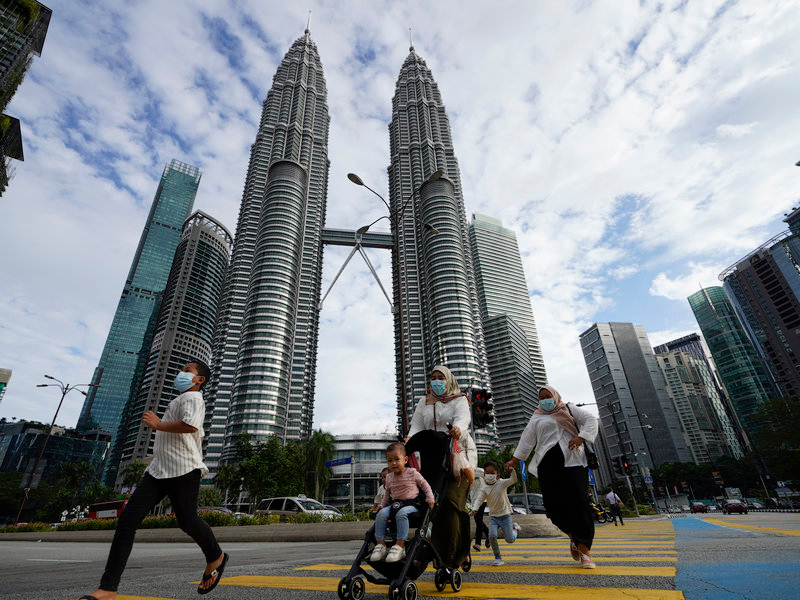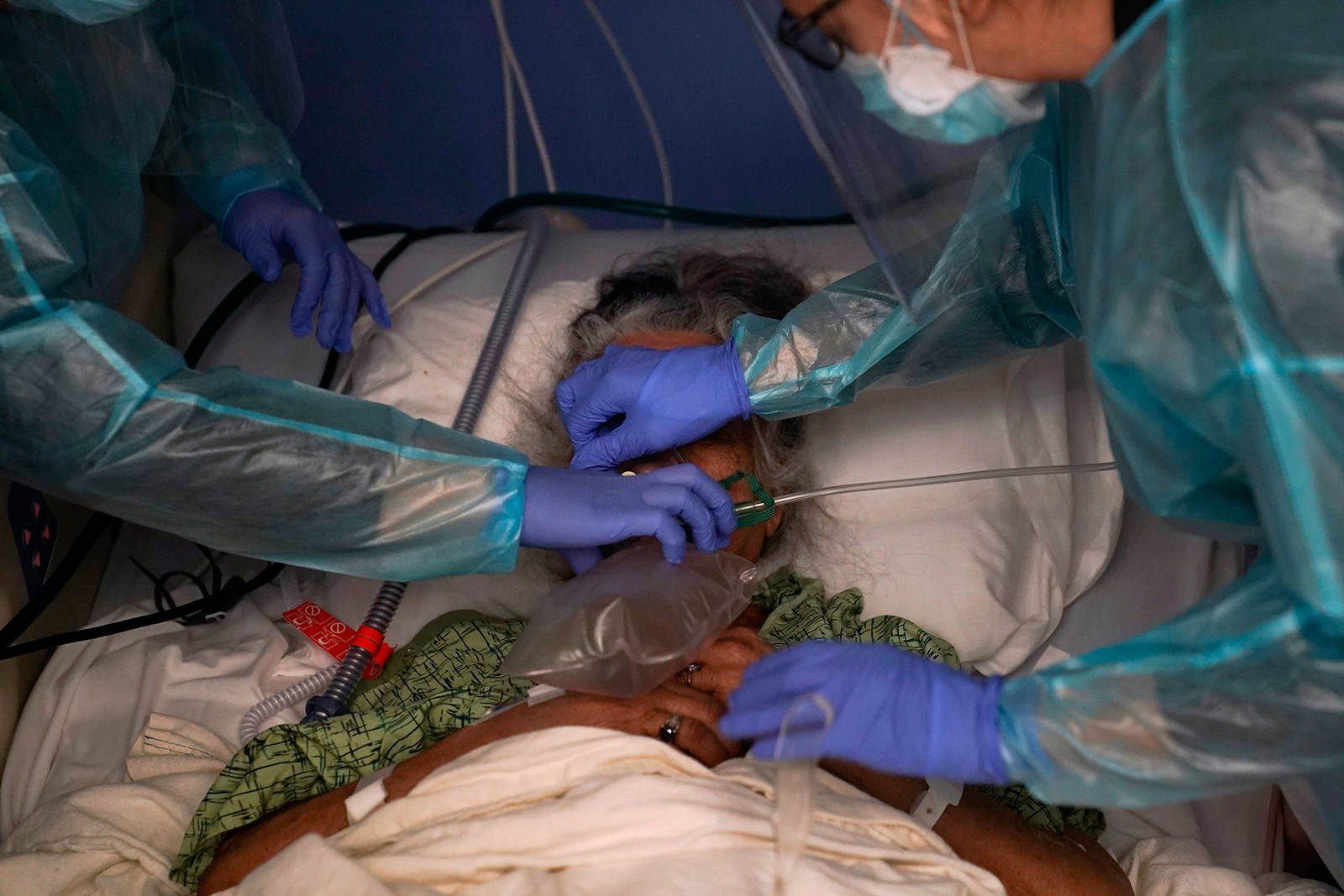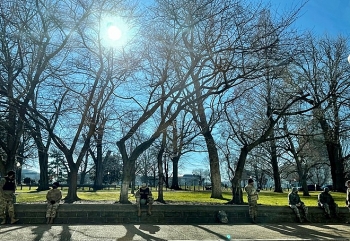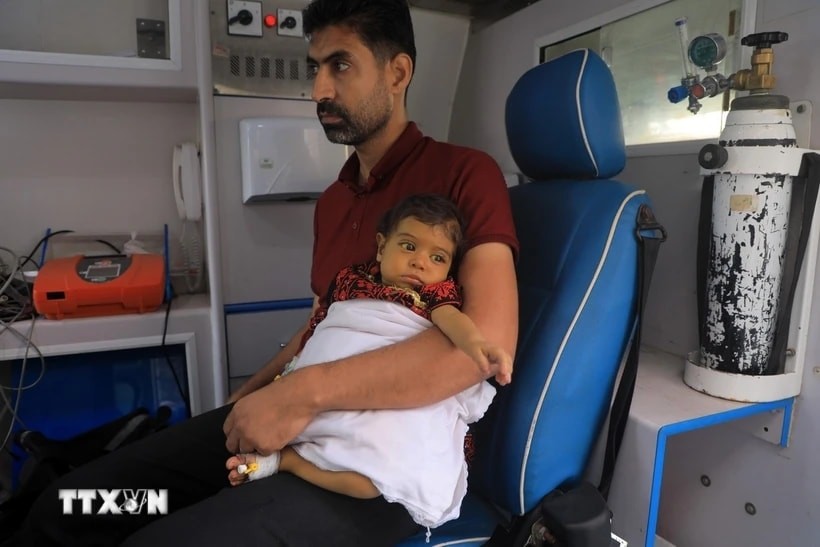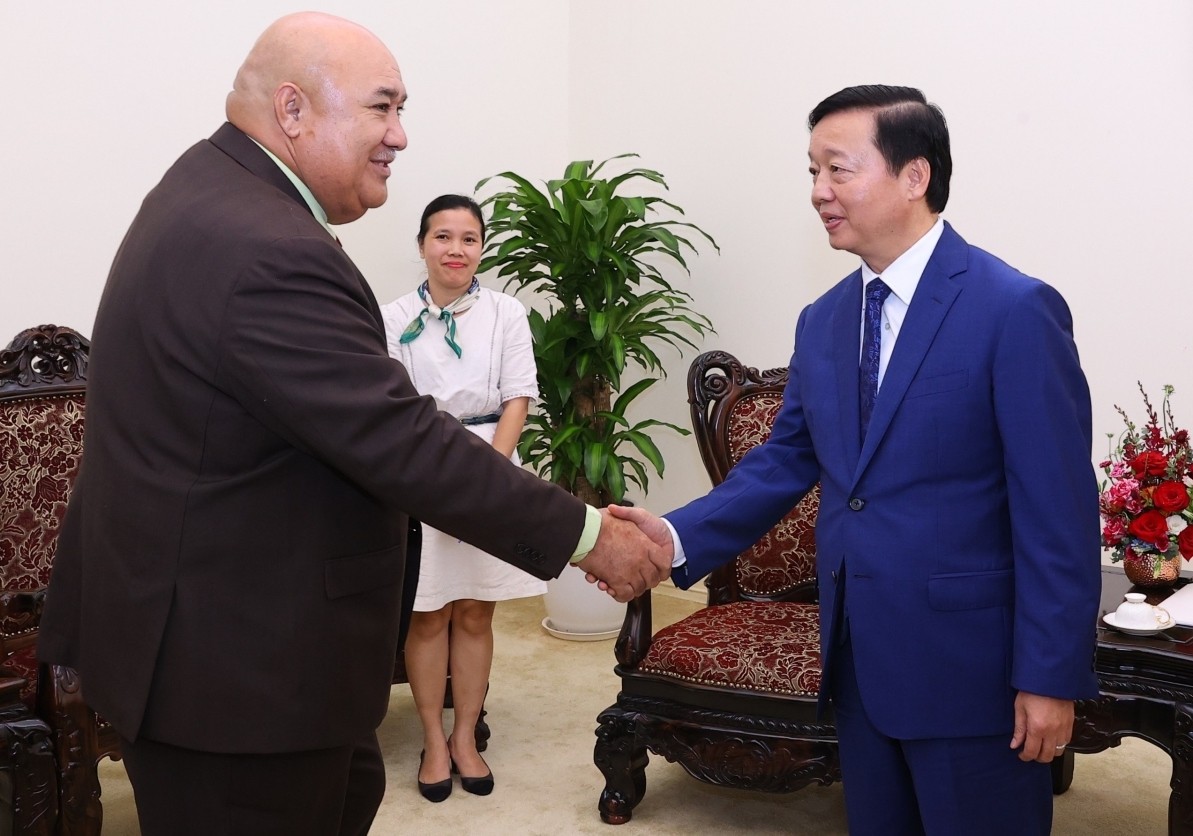11 countries in the world with no report of Coronavirus cases
Around the globe, countries are seeing record numbers of coronavirus cases, from Italy to the United States, where second or third waves reveal worse conditions than when the pandemic initially hit. But some countries have staved off the coronavirus pandemic since it began 10 months ago, reporting zero cases as of Nov. 12, according to the World Health Organization.
In December 2019, the coronavirus was seemingly confined to China. But, a few weeks later, the virus, which causes the illness known as COVID-19, became a global pandemic.
The virus, which leads to a respiratory illness that can be transmitted from droplets of bodily fluids – such as mucus and saliva, has now been reported in at least 188 countries.
Scientists, health officials and governments across the world have encouraged citizens to practise physical distancing and to avoid going out unless for necessary purposes.
According to data compiled by Johns Hopkins University, more than 29 million people have been infected, and the global death toll is at least 924,000. More than 19.6 million patients have recovered.
Nine of the 11 countries reporting no cases are island nations in the Pacific Ocean, and are likely experiencing the benefit of bordering only the ocean. But their strict travel policies may also be responsible for the islands’ success, as other island nations and territories have not fared as well.
Although these countries are reporting zero cases, that does not rule out that some may fly under the radar. As The Associated Press notes, two countries in particular, North Korea and Turkmenistan, have drawn skepticism from the international community about the accuracy of their health data.
In addition to the 11 countries, four territories also report zero coronavirus cases: American Samoa, Saint Helena, the Pitcairn Islands and Tokelau.
1.Turkmenistan
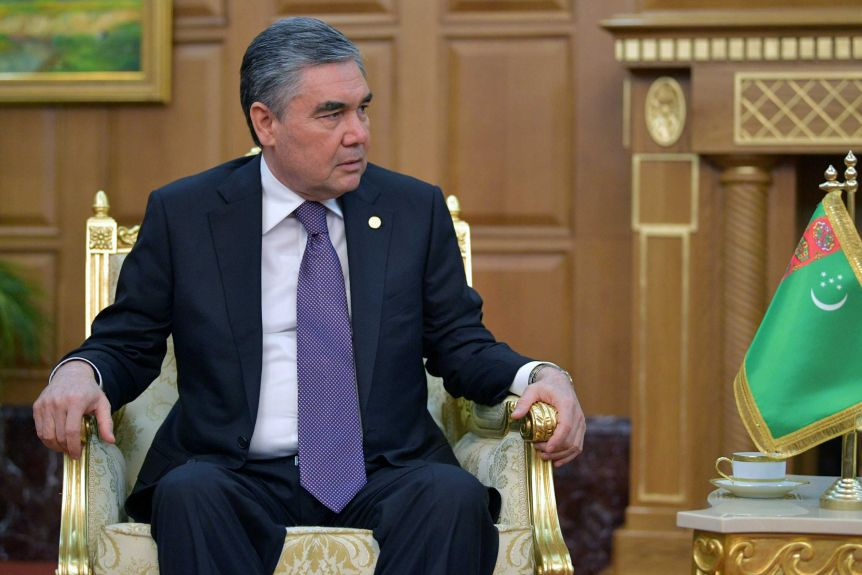 |
| Gurbanguly Berdymuhamedov has been accused of prioritising the Turkmenistan's reputation over public health.(Sputnik Via Reuters) |
Population: 5 million
The Government of Turkmenistan claims not to have detected any COVID-19 cases at all.
This is despite the fact neighbouring Iran has recorded more than 715,000 coronavirus cases to date and around 40,000 deaths.
What's more, the Global Health Security Index, released by John Hopkins University in 2019, ranked Turkmenistan's health system 147th out of 156 countries in terms of preparedness to mitigate the spread of an epidemic. Turkmenistan's COVID-free status is therefore more likely a symptom of the country's repressive policies than the truth.
Access to the country is limited, but World Health Organization (WHO) officials were permitted to travel there in July.
"WHO is aware of several sources reporting alleged COVID-19 transmission in the country, and is concerned about reports of increasing acute respiratory infections and pneumonia," its report said.
Deputy Europe and Central Asia director at Human Rights Watch, Rachel Denber, said in September: "Turkmenistan's Government has prioritised the country's image over people's wellbeing."
Recommended
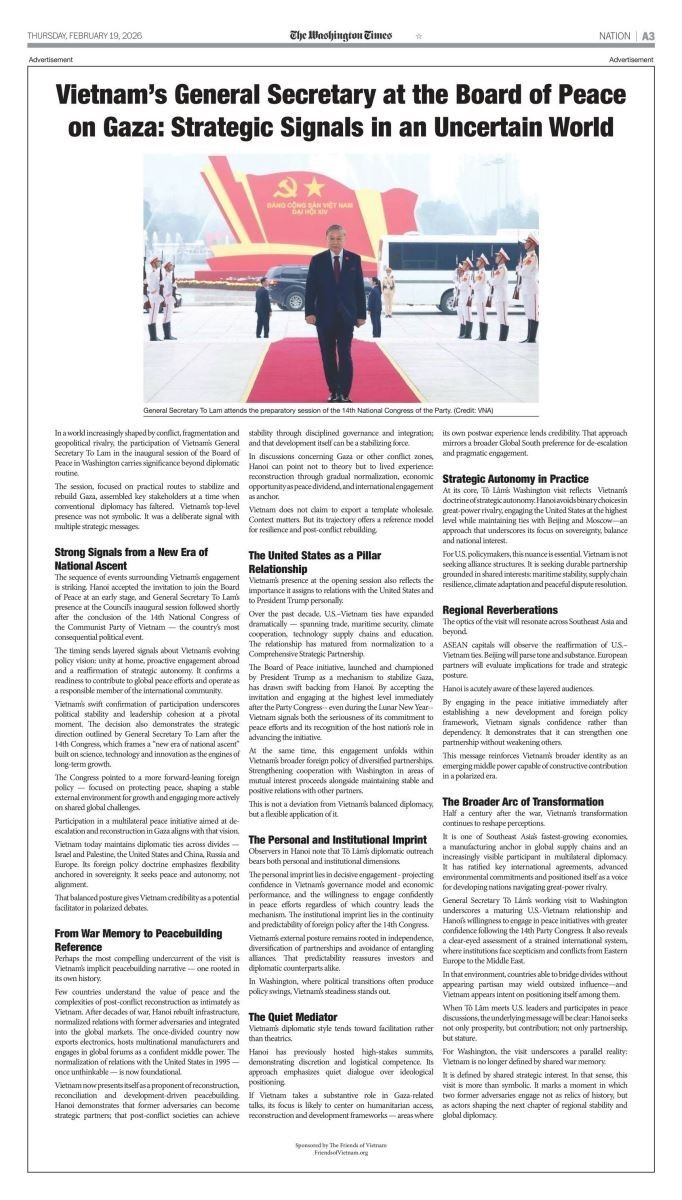 World
World
US Media Commend Vietnam’s Role in Global Peace Efforts
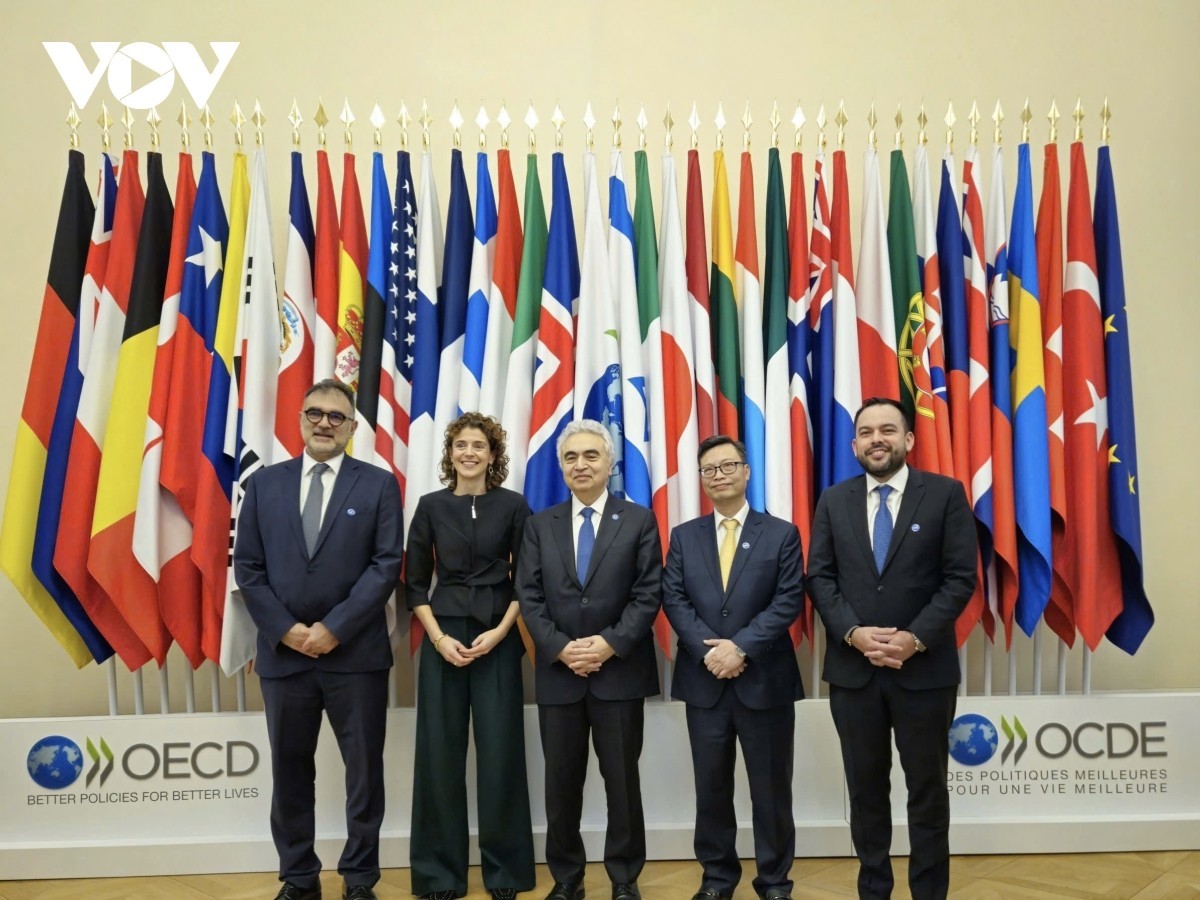 World
World
Vietnam Officially Becomes Association Country of International Energy Agency (IEA)
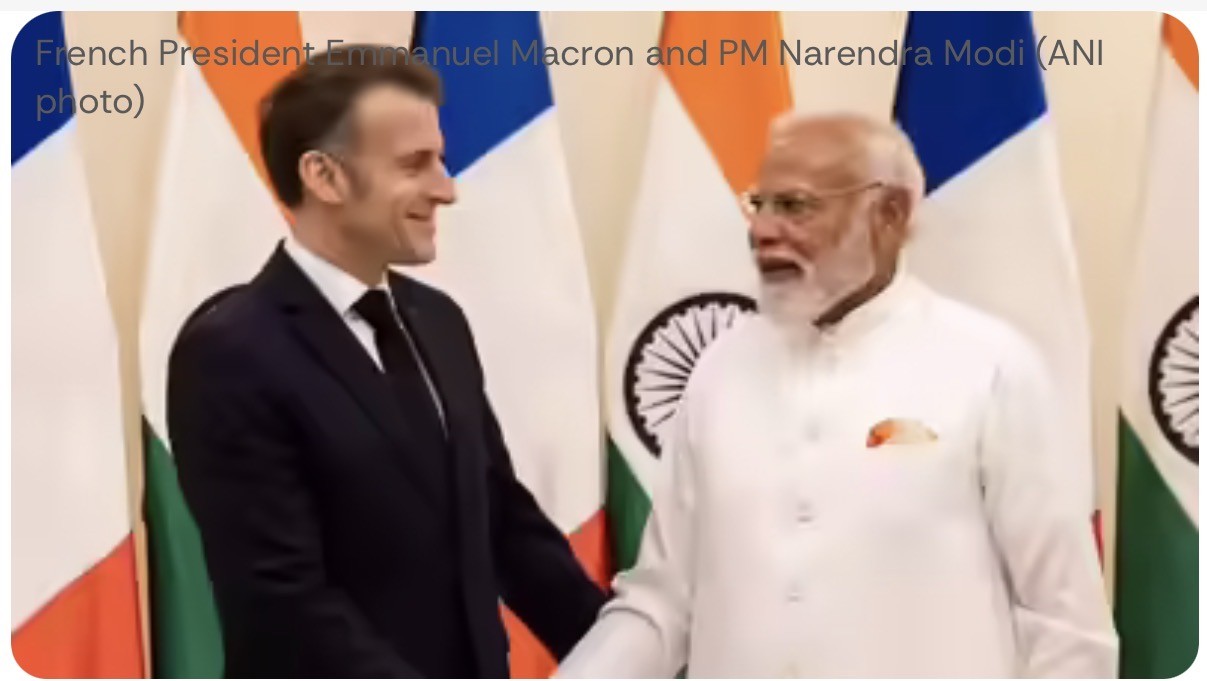 World
World
Key pacts signed as PM Modi hosts France's Macron for plane cooperation
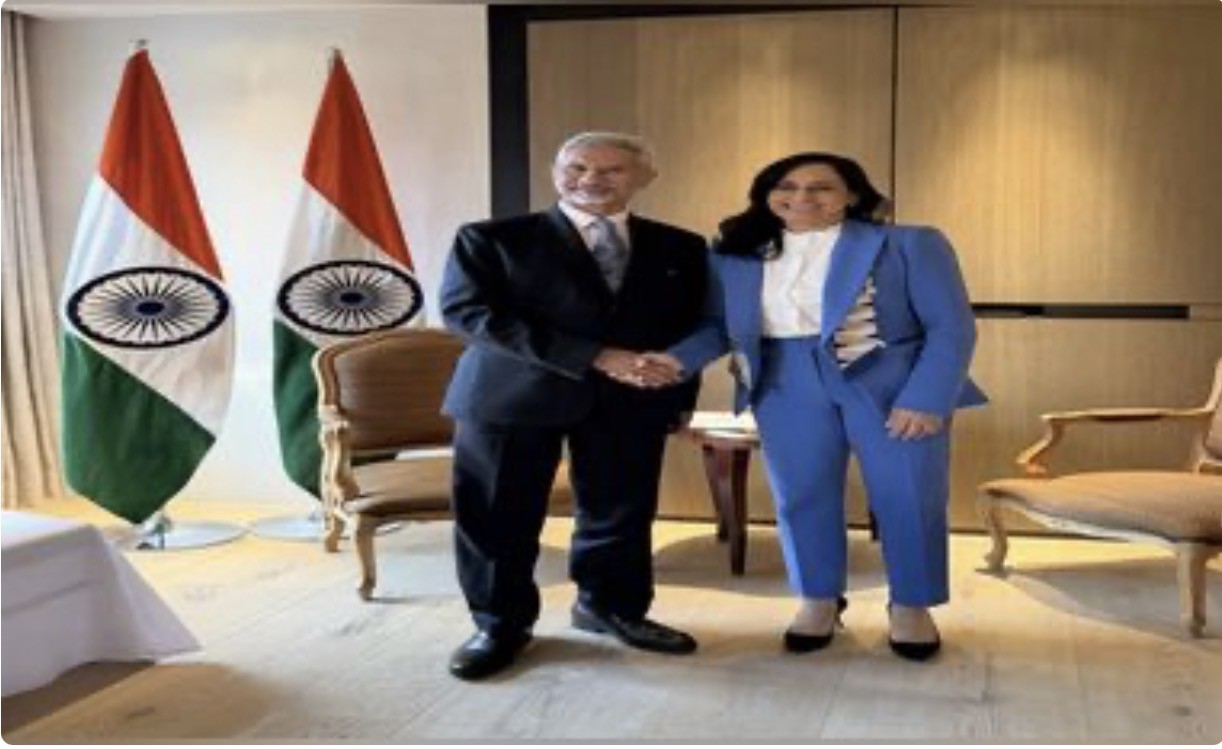 World
World
India, Canada commit to strengthening bilateral ties, discuss trade
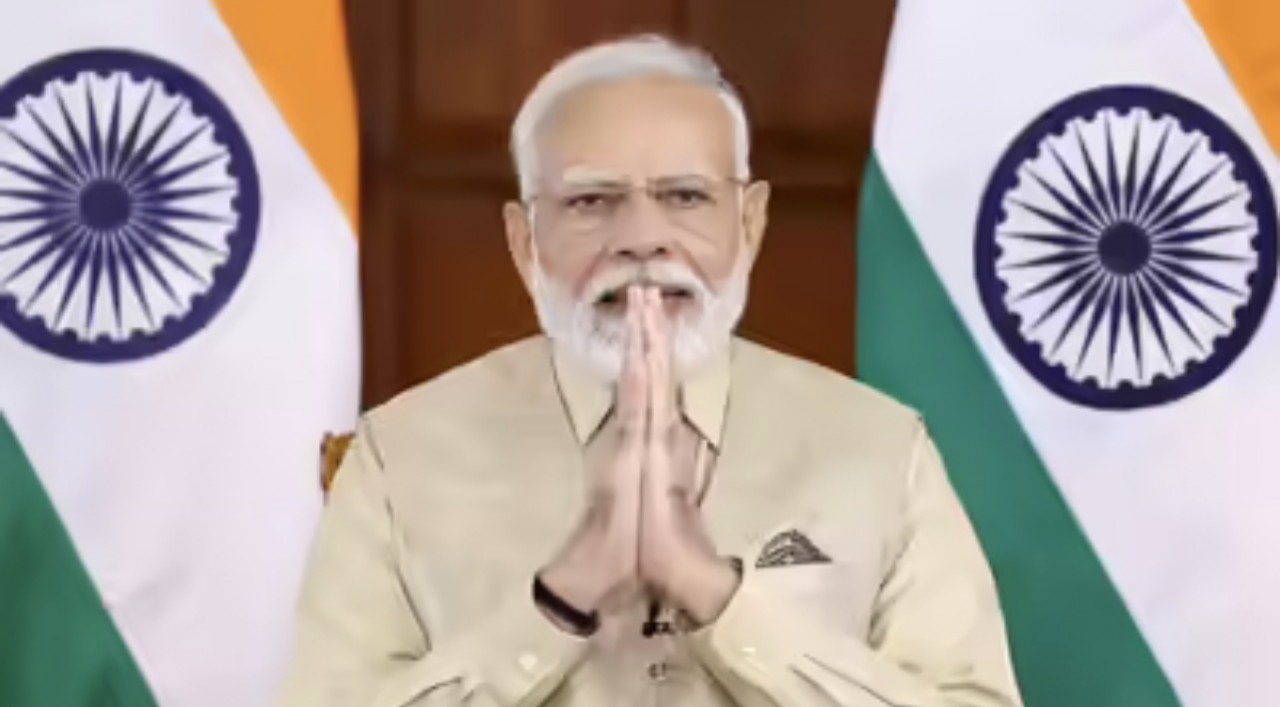 World
World
AI Summit India 2026 Live Updates: ‘Bringing the world together,’ PM Modi welcomes leaders as India hosts AI summit
 World
World
Safran ready to open India engine production in Rafale deal
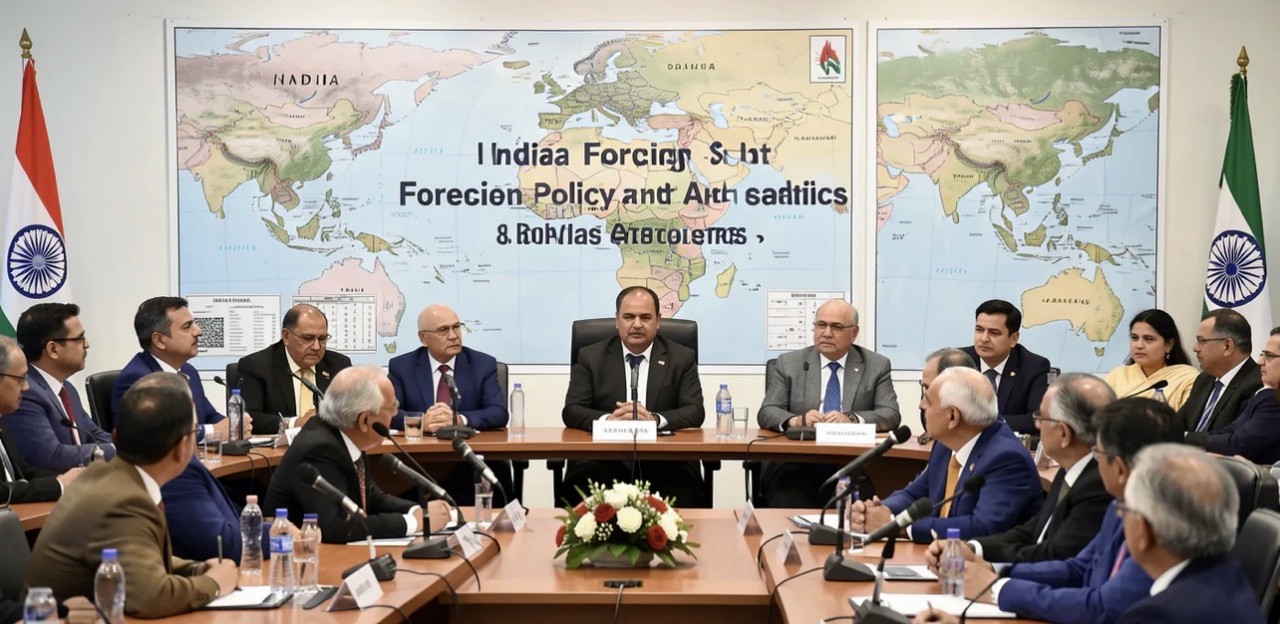 World
World
Nepal interim PM Sushila Karki thanks India for March support
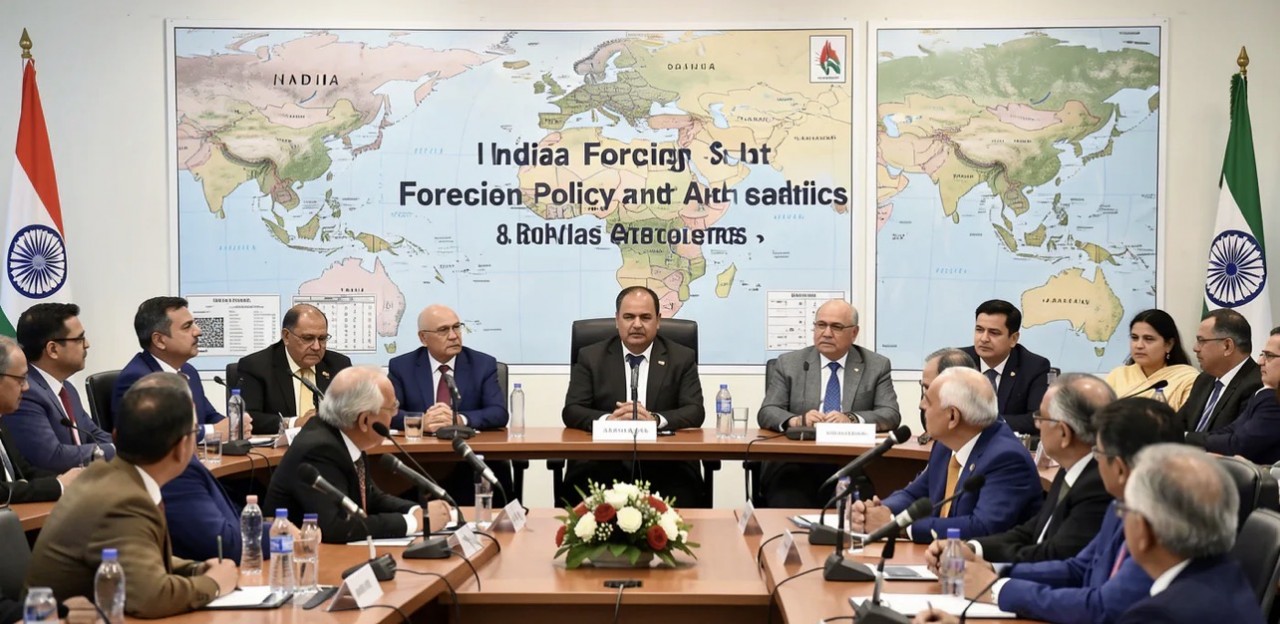 World
World

